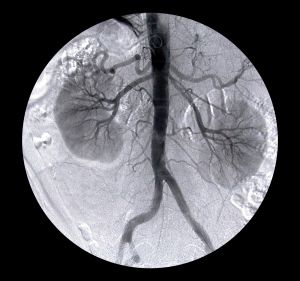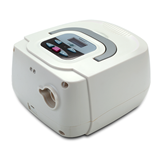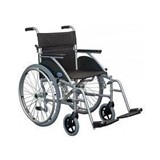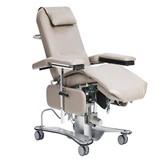The results may help with screening, prevention, and therapy. Focal segmental glomerulosclerosis (FSGS) attacks the kidney’s filtering system and causes serious scarring. Approximately 20,000 persons are currently living with kidney failure due to FSGS in the United States, with an associated annual cost of more than $3
billion.
In addition, studies have shown that the incidence of FSGS is increasing. FSGS is a common cause of kidney failure in adults and the second leading cause in children. During the last decade, researchers have identified several genes that are mutated in patients with hereditary FSGS and have gained a better understanding of the mechanisms behind the disease’s development. These advances are useful for genetic counseling and for developing strategies aimed at prevention and treatment.
One of the genes mutated in patients with hereditary, autosomal dominant FSGS is the INF2 gene, initially discovered by Elizabeth J. Brown and Martin R. Pollak (Harvard Medical School, Boston), which produces a protein that helps maintain the structure of specialized kidney cells called podocytes. Corinne Antignac MD, PhD, Olivia Boyer, MD
(Hopital Necker-Enfants Malades and Université Paris Descartes, in Paris, France) and their colleagues conducted a study to confirm INF2’s importance in the development of FSGS and to better determine the prevalence of INF2 mutations in a worldwide group of pediatric and adult patients.
The investigators screened 54 families (78 patients) with a history of autosomal dominant FSGS and detected mutations in the INF2 gene in 17% of them. The mutations were located in one particular region of the gene that corresponds to a part of the INF2 protein that interacts with podocyte proteins. This information might shed light on the mechanism behind INF2’s involvement in the development of FSGS and could be helpful as researchers design drugs to prevent or treat the disease. One of these mutations appeared in only one of 84 patients with sporadic (nonhereditary) FSGS.
"INF2 is a major gene of autosomal dominant FSGS. Screening for INF2 mutations needs to be strongly considered in patients with an autosomal dominant familial history of FSGS," the authors concluded.














